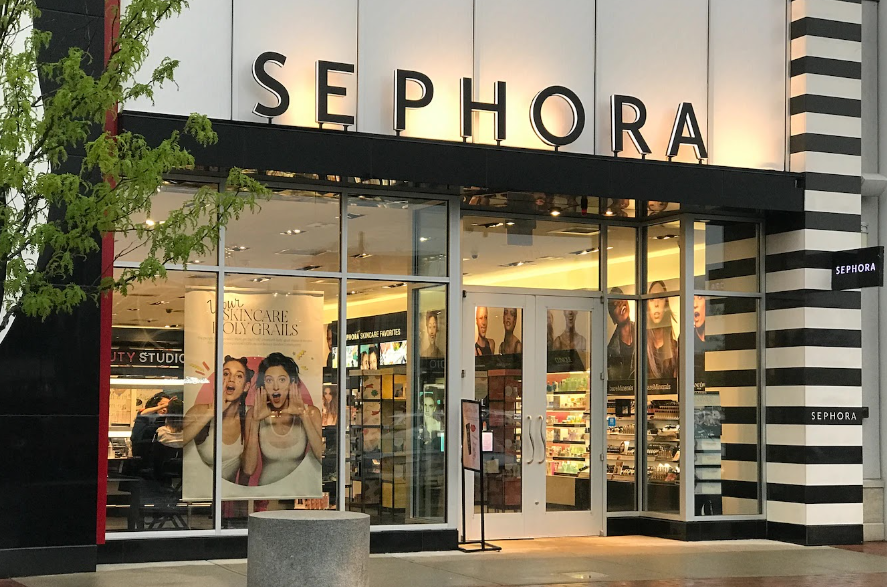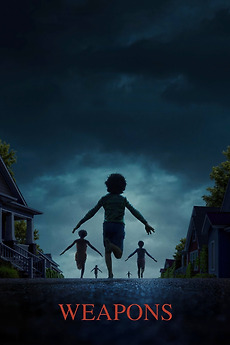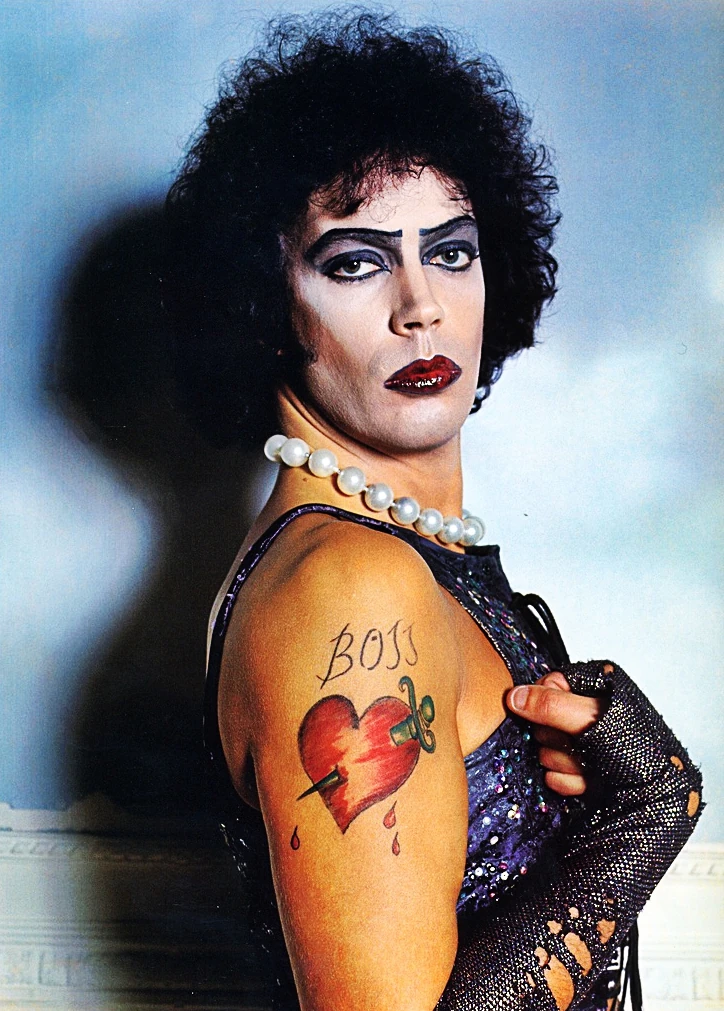You walk into your local Sephora and head over to the Drunk Elephant section to purchase a refill of your favorite moisturizer only to find that everything is sold out. The ten-year-olds have been here.
The epidemic of preteens shopping at Sephora has become an Internet joke, where content creators mock the younger generation for participating in trends targeted toward teenagers and young adults. Kids’ obsession with spending hundreds of dollars at Sephora is partly due to the fact that they have access to devices at a younger age, and they’re susceptible to being influenced by the content that they watch.
“I feel like social media is a big contributor. Every single video that they watch is somebody twice their age wearing makeup,” said junior Sareena Chaudhary-Masaun.
Get-ready-with-me videos that typically promote expensive makeup products are beginning to replace television programs whose target audiences are children and preteens. Kids take interest in the media that is presented to them, which happens to be TikTok and other social media platforms.
“I wasn’t necessarily in a hurry to grow up as much as [the younger generation] is,” Chaudhary-Masaun said. “I wasn’t exposed to social media at that age.”
Kids are not interested in playing with American Girl dolls or My Little Ponies because those products are no longer being advertised to them. Parents can control media exposure, but many give their kids unlimited Internet access. When kids have unmonitored screen time, they end up venturing into apps that are not always age-appropriate.
“A lot of these millennial or young Gen X parents were raised by their parents in a much more strict environment,” said senior Riley Perkins. “I feel like they’re fully flipping on how they were raised by doing a very laid back style of parenting.”
But despite the fact that kids now are growing up in a different environment with more advanced technology, kids have historically been trying to grow up faster. Little girls are often inspired by more mature female figures in their life and try to adapt their habits.
“I remember when I was little, I would see my mom and other teenagers wearing makeup, and I would think, ‘I can’t wait until I can wear makeup,’” Chaudhary-Masaun said. “My mom would just get me those soda-flavored Lip Smacker lip balms from Target.”
Lip Smacker lip balms are geared towards kids but makeup from Sephora is not. Young preteens obsessing over products that are intended for adults can have many consequences, besides just a depletion of retinol products in stores.
It starts with makeup, but it often develops into younger girls wanting to obtain the same clothing, hairstyle, and body type of adult women. This could lead to them setting unattainable standards for themselves and having self image issues as a result.
“When I was seven and eight years old, I didn’t really think about that stuff as much. I didn’t even have those insecurities until I started looking at social media,” Chaudhary-Masaun said. “I think exposure to that at such a young age contributes to creating insecurities, and they’re gonna have a warped perception of themselves.”
Perhaps, young adults now mock the younger generation for wanting to grow up too fast because they have difficulty understanding why someone would want to experience the pressures that they have. Perhaps young adults believe that kids will regret rushing into adulthood.
“When you’re little, you wish to be big, and when you’re big, you wish to be little again,” Chaudhary-Masaun said. “I definitely feel that- I’m gonna be an adult in a year. I wish I was younger when I didn’t have so many responsibilities, so I think this rush to become bigger needs to slow down a bit.”









